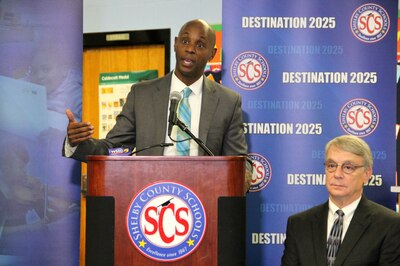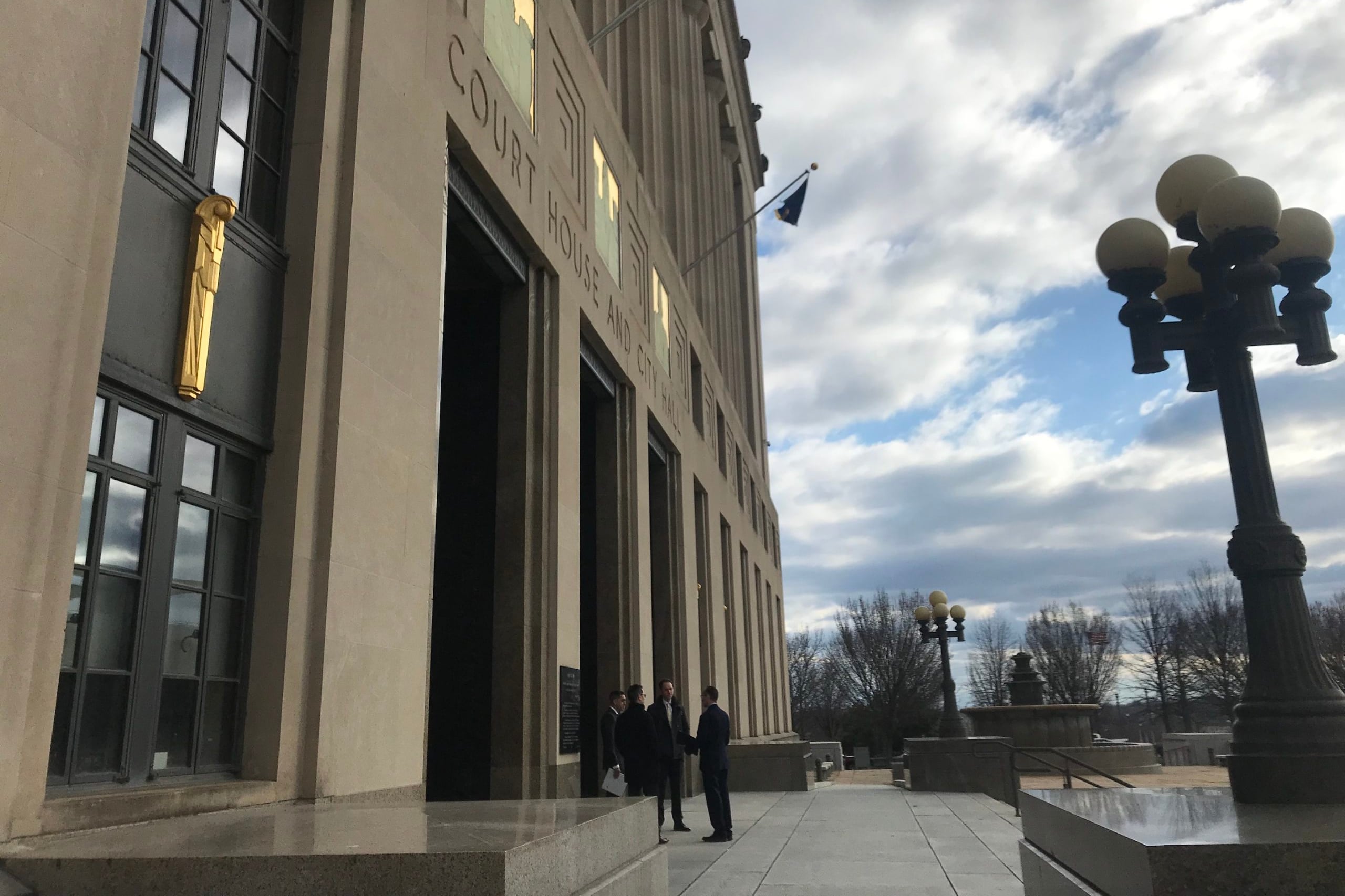A 5-year-old lawsuit challenging Tennessee’s system of funding public schools is scheduled to go to trial next year.
Chancellor Ellen Hobbs Lyle set the long-awaited trial date during a conference call last week with attorneys in the case. The litigation pits school districts in Memphis and Nashville against the state over whether Tennessee allocates enough money for K-12 education, especially for its urban students.
A court officer confirmed Wednesday the judge has reserved four weeks for the trial beginning October 18, 2021. An accompanying order is expected to be filed this week in Davidson County Chancery Court. (Editor’s note: The trial date was later moved to November 15, 2021.)
The trial’s outcome could have major implications for how Tennessee public schools are funded. If successful, the case could force the state to invest more in K-12 education, which already consumes about $6.5 billion of the state’s $39.6 billion budget.
Shelby County Schools filed its lawsuit in 2015, arguing the state doesn’t allocate enough money to provide an adequate education, especially through urban school systems that serve more students who live in poverty, have special needs, or come from non-English-speaking homes. Metropolitan Nashville Public Schools joined the case two years later.
Officials with the Memphis district said Wednesday they are eager for the court to address what they view as shortcomings in the state’s school funding formula called the Basic Education Program, or BEP. “A trial date gets us closer to resolution,” said Kenneth Walker, chief legal officer for Shelby County Schools.
In hundreds of thousands of pages of documents filed in the case, the state’s attorneys have questioned whether the court has the authority to order the legislature to increase funding for a government service that would require either a tax increase or a redistribution of state revenue.
The attorney general’s office, which has sought to dismiss the case multiple times, released a statement Wednesday saying the state is glad to defend the BEP and maintains that “decisions about school funding should be made by the people’s elected representatives.”
Gini Pupo-Walker, who heads The Education Trust in Tennessee, said she hopes the approaching trial spurs Gov. Bill Lee and state lawmakers to start “reimagining school funding” to focus more on student needs. In recent years, the state’s budget increases for education primarily have targeted teacher pay.
“Funding is a critical lever to addressing longstanding issues of achievement and opportunity and closing gaps between student groups, especially low-income students and students of color,” said Pupo-Walker, who also serves on Nashville’s school board.
Chris Caldwell, a former Memphis school board member who pushed for the lawsuit, said a trial is “long overdue.”

“The state of Tennessee has had a record of underfunding education at the same time that they’re continuing to put hundreds of millions of dollars into their rainy day fund,” Caldwell said. “I hope the trial’s outcome pushes the state to fulfill its responsibility to educate all children in Tennessee.”
The lingering case had been expected to go to trial in 2019 but slowed when the presiding judge, Claudia Bonnyman, retired that January. Since taking over, Lyle has refereed numerous hearings and motions, most recently amid logistical challenges created by the coronavirus pandemic.
A similar funding lawsuit against the state was dropped in January by Hamilton County Schools and six smaller districts in southeast Tennessee.
Chalkbeat reporter Laura Faith Kebede contributed to this report.







